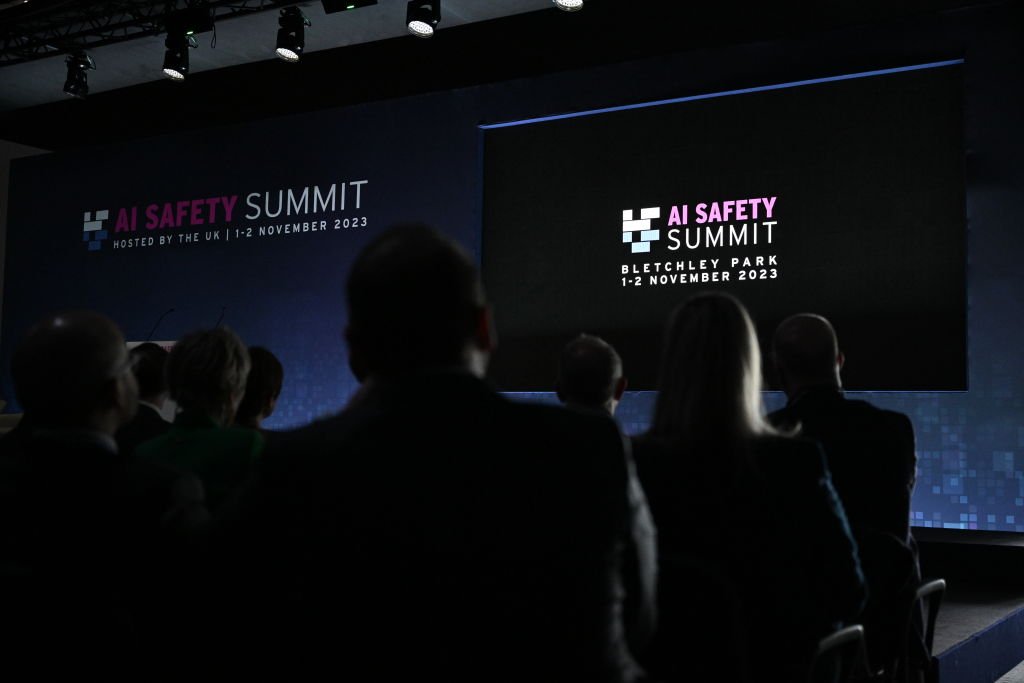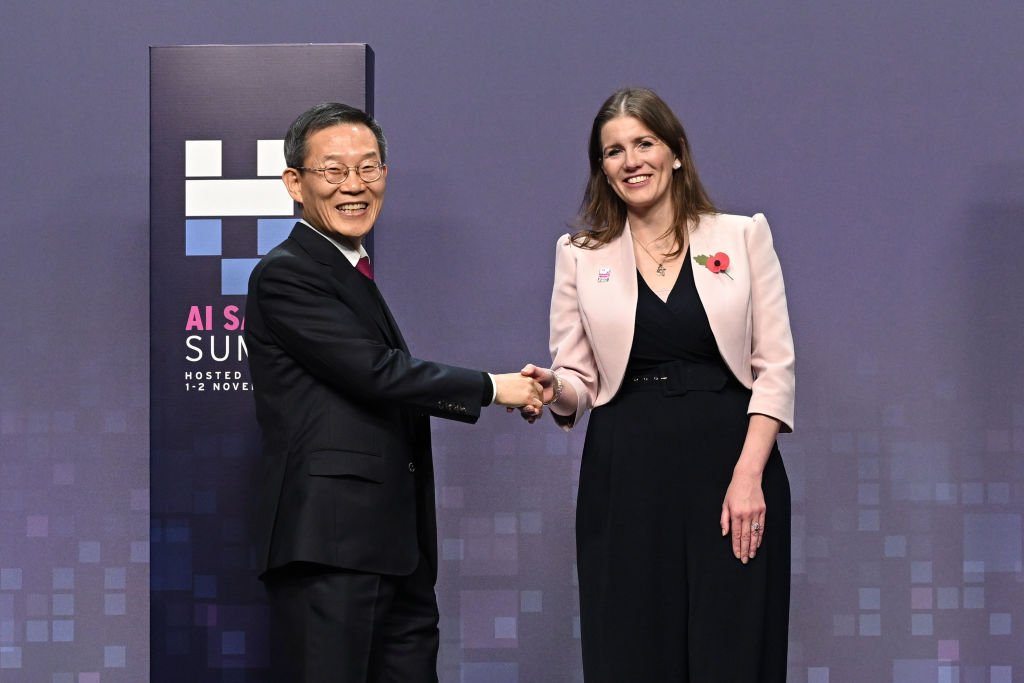AI is currently the hottest thing on the political market. In recent months, it has consumed many hours of political debate, most recently in endless fringe events at the political conferences of both major parties, as well as many column inches in all major publications.
So, what has changed? Why now? Whilst experts agree that the technological capabilities of models have increased in recent years, some think a summit of this scope is premature. Someone shared a wonderful anecdote, “it is the equivalent of, on the day the Wright brothers first got off the ground, discussing the safety structure of a jet engine”.
Yet, today marks the first day of Rishi Sunak’s flagship AI Safety Summit. Announced in a trip to Washington DC in June and trailed by events to shape ‘the road to the summit’, the Prime Minister and UK Government are delivering an international gathering at this short notice. These events typically take over a year to plan, and this one has (just) been pulled off in a few short months.
Hanover had the privilege of attending one of the events this week, held in the impressive Guildhall. The event, which brought together the great and the good of the financial world with an impressive cast list of government ministers and world-renowned academics, gave a clear insight into the Prime Minister’s thinking, which can be summarised as: “Here is an opportunity.”
It is an opportunity the Prime Minister hopes the country can exploit more nimbly than others.
His summit is rooted in the premise that we all recognise the global opportunities that come with developing this technology, from curing cancer to ending climate change. But, it must remain safe.
And Sunak wants the UK in the vanguard of ensuring that. His positioning amounts to a political wager on his legacy, a charm offensive to the tech sector, and the articulation of a vision to build on the success the UK already has in this space – the country is placed No.3 in the world for AI research and development.
The Summit delivers material outputs that will serve as the foundation for future Safety Summits too – with the Secretary of State for Science, Innovation and Technology confirming that the next is already planned for South Korea in 2024.
This begs the question, why should businesses in the UK care about the AI Summit?
Global Safety Summit is central to Sunak’s play to position the UK as a leader in global AI governance.
Prime Minister Rishi Sunak, Technology Secretary Michelle Donelan and the PM’s AI Summit Representative Matt Clifford have all been keen to position the Summit as a primer to further global action on mitigating AI risks. Day 1 has seen business, civil society and governments discuss issues of national security and human control and alignment, as well as AI opportunities, while day 2's discussions will seek agreement on a new international network of researchers to oversee emerging AI risks. The Summit’s narrow focus on frontier AI models and existential risks reflects Government conversations with leading AI labs, and we should expect the establishment of an AI Safety Institute to oversee labs’ future model developments to be a key output.
China’s attendance distinguishes the Summit from other global efforts to govern AI.
Inviting China to the Summit opens Sunak up to further criticism from China-sceptic parliamentarians, who feel a discussion on AI risks should remain under the jurisdiction of allies for the time being. But he will have regarded Beijing’s attendance as vital to ensuring the Summit makes headway on existing global efforts to govern AI, such as the G7 Hiroshima AI Process. China’s attendance at Bletchley Park ensures signatories to the recently announced Bletchley Declaration - which expresses a shared understanding of the risks and opportunities of frontier models - goes beyond existing collaboration by like-minded governments. A very late charm offensive by No.10 – invites were still being finalised just days before the Summit - sees healthy business attendance at the Summit too, and new or updated commitments from leading AI labs may be forthcoming.
Domestically the approach remains pro-innovation and light touch.
However, the Summit will do little to assuage growing concerns at home that the UK’s principles-based AI White Paper is too light-touch. An AI Bill is not expected in the King’s Speech on 7 November, and Labour has already called on Government to regulate the most powerful AI models, seeking a shift from retail politics to realpolitik. We can expect the Opposition to talk of the opportunities of AI for public service reform, but increasingly echo the concerns of unions and workers that greater focus should be placed on pre-existing AI harms such as discrimination, deepfakes and personal data protection.
If you would like to talk about how your business should prepare to engage on AI regulation, please reach out.









